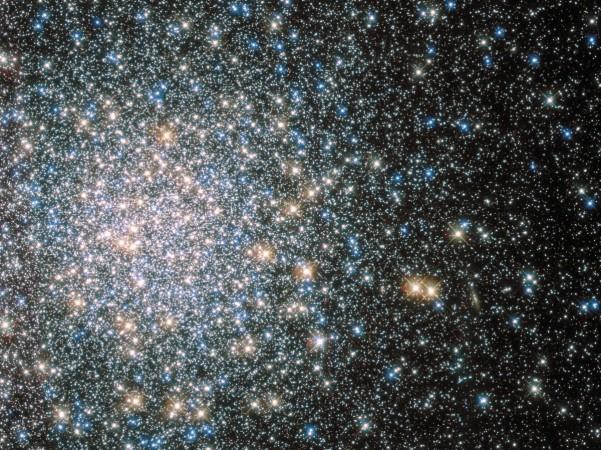
A significant fraction of our solar system's water is older than the Sun - indicating that abundant, organic-rich interstellar ices should probably be found in all young planetary systems, says pioneering research.
New work from a team, including Conel Alexander from Carnegie Mellon University found that much of our solar system's water likely originated as ices that formed in interstellar space.
"Why this is important? If water in the early solar system was primarily inherited as ice from interstellar space, then it is likely that similar ices, along with the prebiotic organic matter that they contain, are abundant in most or all proto-planetary disks around forming stars," Alexander explained.
But if the early solar system's water was largely the result of local chemical processing during the Sun's birth, then it is possible that the abundance of water varies considerably in forming planetary systems, he pointed out.
This would obviously have implications for the potential for the emergence of life elsewhere.
In studying the history of our solar system's ices, lead researcher L. Ilsedore Cleeves from University of Michigan focused on hydrogen and its heavier isotope deuterium.
The ratio of hydrogen to deuterium in water molecules can tell scientists about the conditions under which the molecules are formed.
The team created models that simulated a proto-planetary disk in which all the deuterium from space ice has already been eliminated by chemical processing.
"The system has to start over 'from scratch' at producing ice with deuterium in it during a million-year period," Cleeves said.
The team did this in order to see if the system can reach the ratios of deuterium to hydrogen that are found in meteorite samples, Earth's ocean water and "time capsule" comets.
They found that it could not do so, which told them that at least some of the water in our own solar system has an origin in interstellar space and pre-dates the birth of the Sun.
In its youth, the Sun was surrounded by a protoplanetary disk - the so-called solar nebula - from which the planets were born.
Till date, it was unclear to researchers whether the ice in this disk originated from the Sun's own parental interstellar molecular cloud or whether this interstellar water was destroyed and re-formed by the chemical reactions taking place in the solar nebula. The work appeared in the journal Science.
















